2013 Dodge Challenger Brake Rotors and Pads
Click here to search another vehicle
All Rotors:
OEM x
Coated x
Drilled, Slotted and Coated x
Front x
Rear x
All Pads:
Ceramic x
Semi-metallic x
Front x
Rear x
Found 27 record
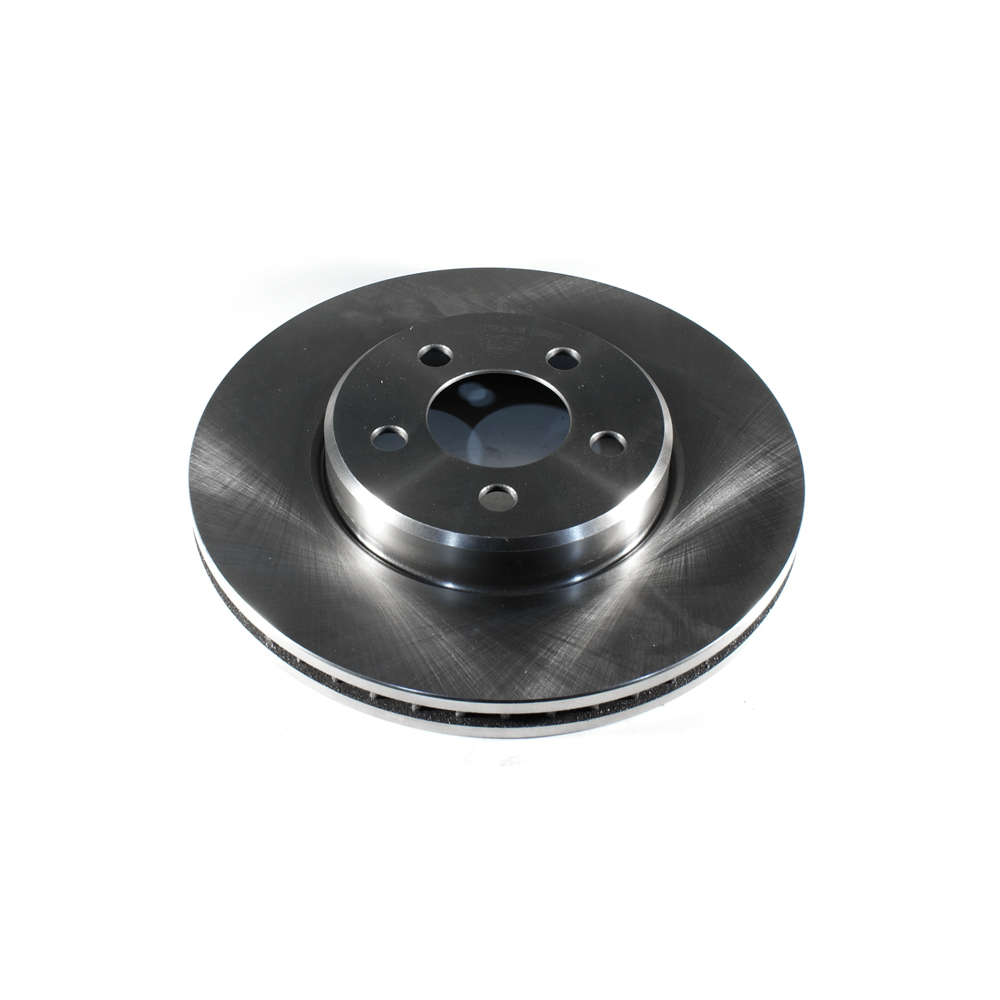
Part No: BR53022
Raybestos: 780255
OE: 4779196AB
Raybestos: 780255
OE: 4779196AB
$43.74 each
Per Car QTY: 2
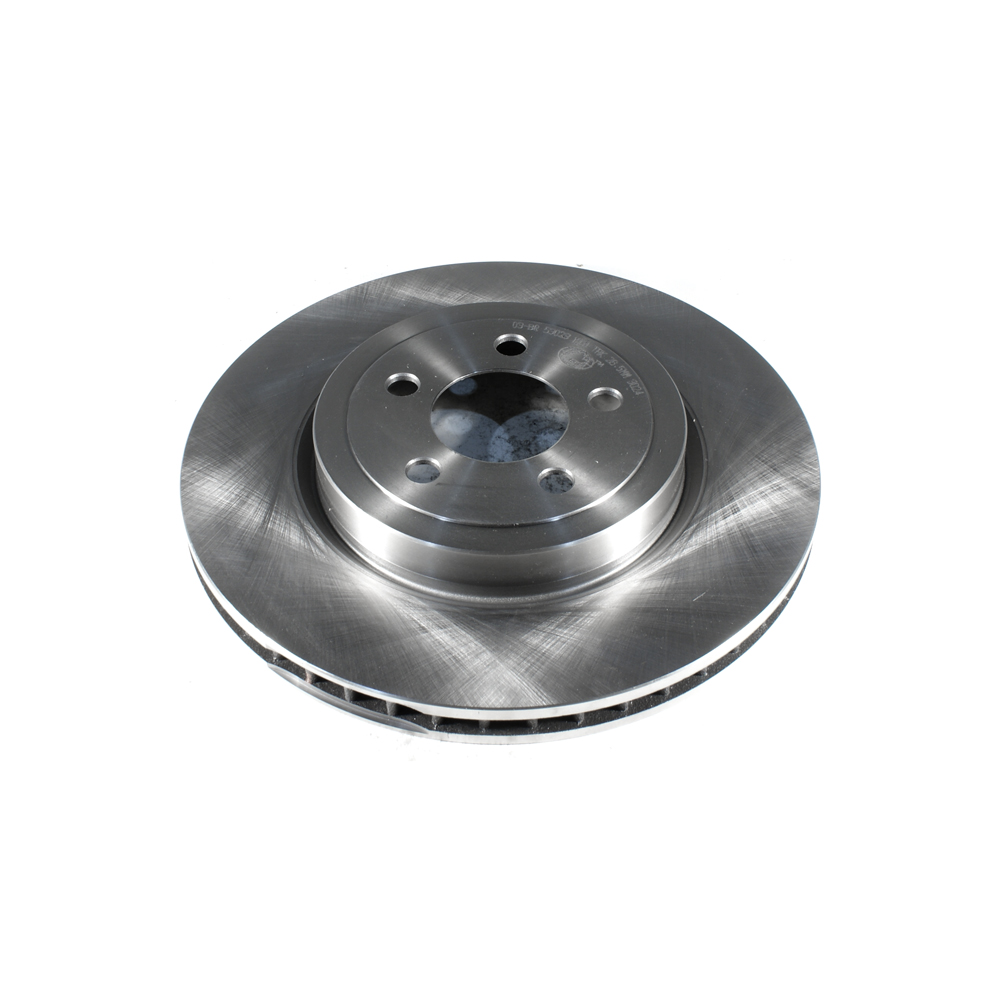
Part No: BR53023
Raybestos: 780256
OE: 4779197AB
Raybestos: 780256
OE: 4779197AB
$57.19 each
Per Car QTY: 2
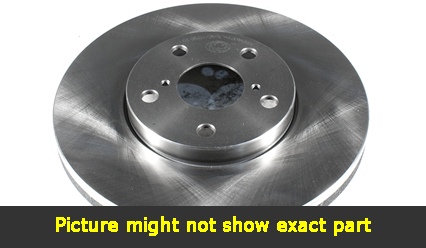
Part No: BR53029
Raybestos:
OE:
Raybestos:
OE:
$64.84 each
Per Car QTY: 2
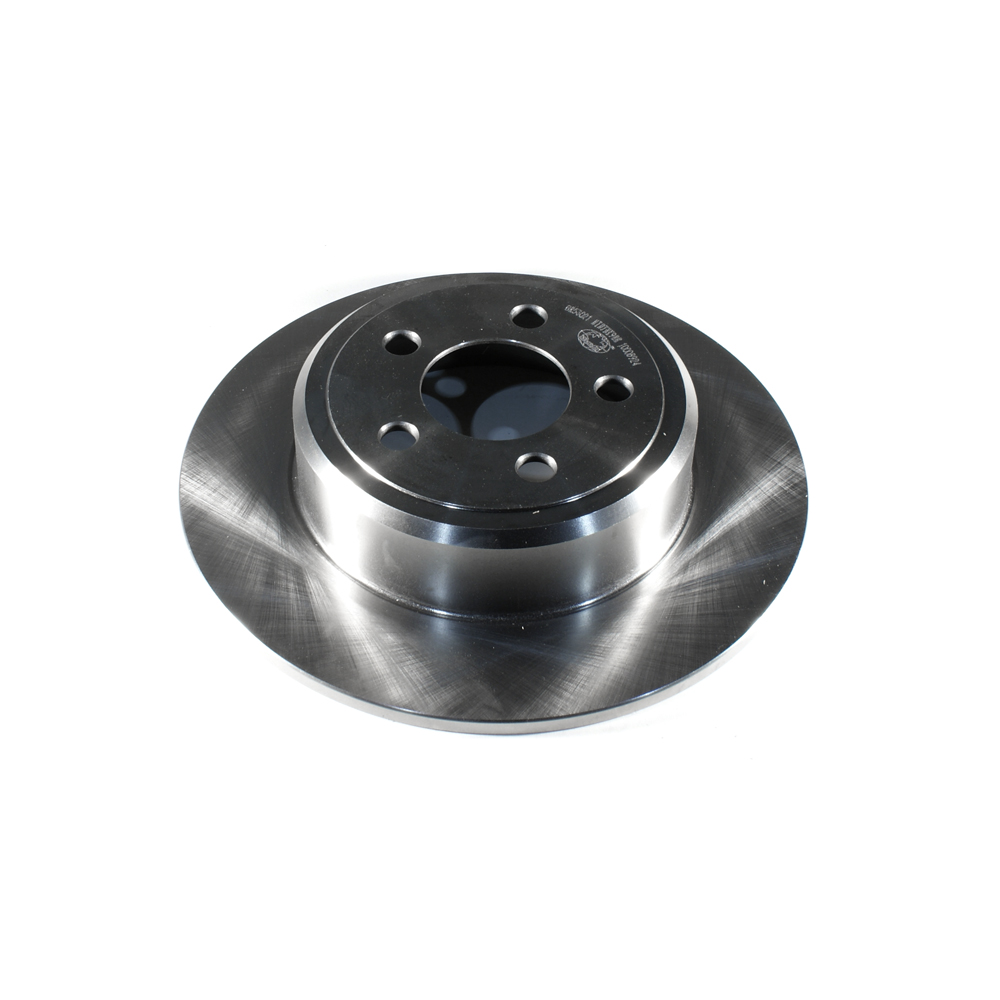
Part No: BR53021
Raybestos: 780254
OE: 4779208AB
Raybestos: 780254
OE: 4779208AB
$36.31 each
Per Car QTY: 2
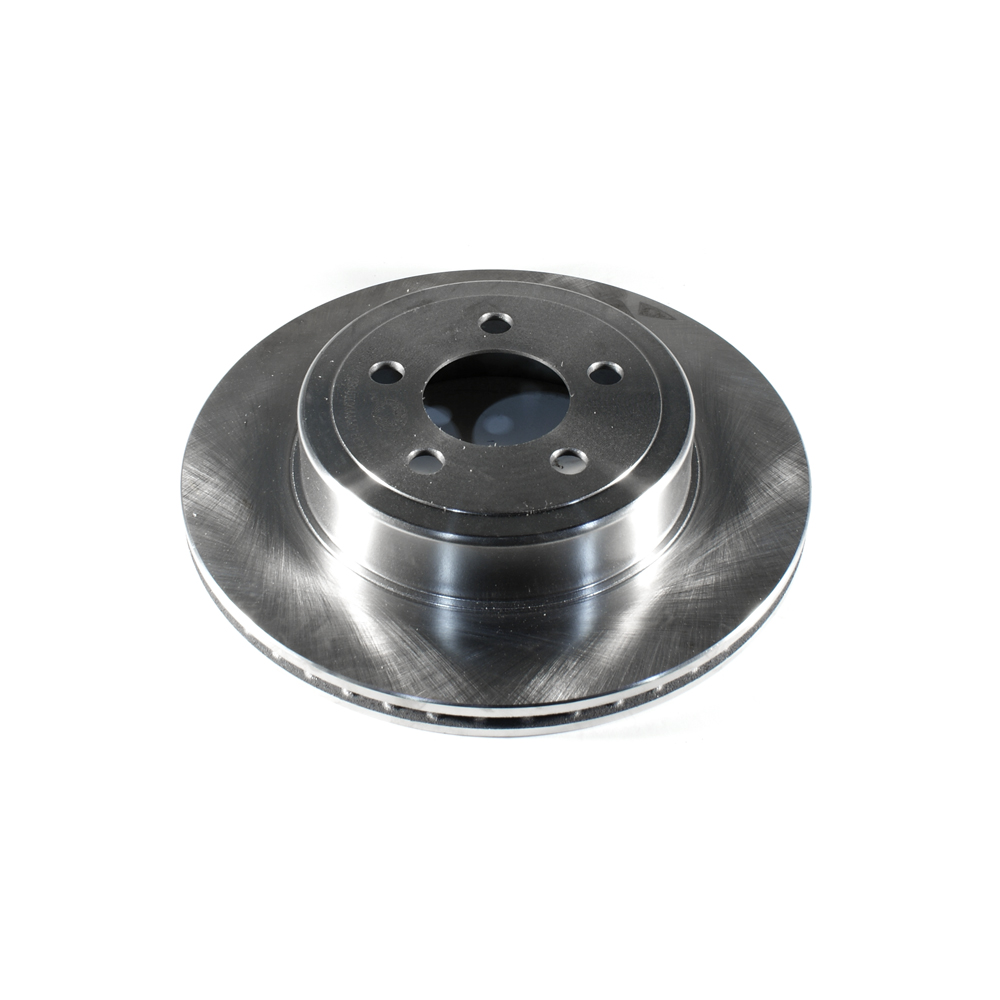
Part No: BR53024
Raybestos: 780257
OE: 4779209AC
Raybestos: 780257
OE: 4779209AC
$43.47 each
Per Car QTY: 2
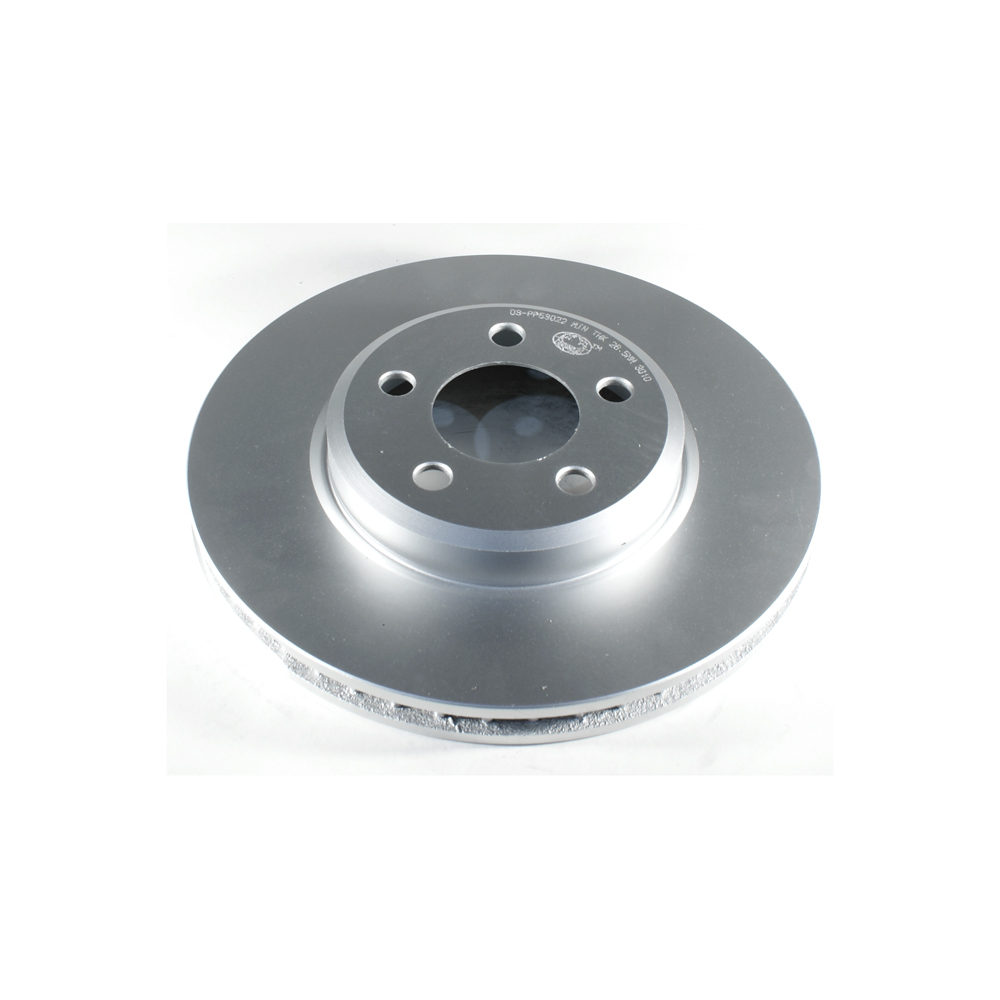
Part No: PP53022
Raybestos: 780255
OE: 4779196AB
Raybestos: 780255
OE: 4779196AB
$63.5 each
Per Car QTY: 2
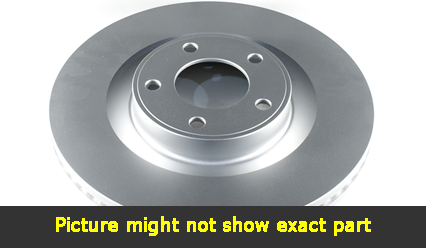
Part No: PP53023
Raybestos: 780256
OE: 4779197AB
Raybestos: 780256
OE: 4779197AB
$77.78 each
Per Car QTY: 2
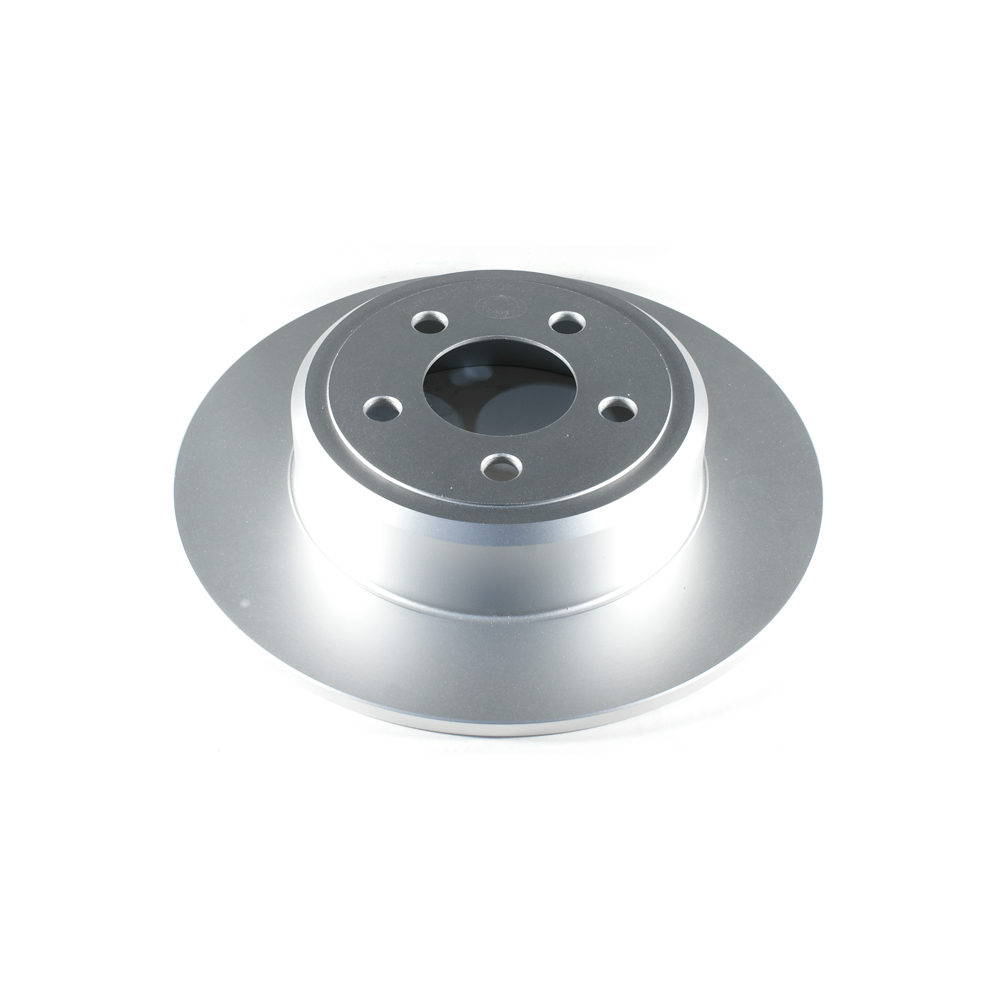
Part No: PP53021
Raybestos: 780254
OE: 4779208AB
Raybestos: 780254
OE: 4779208AB
$48.8 each
Per Car QTY: 2
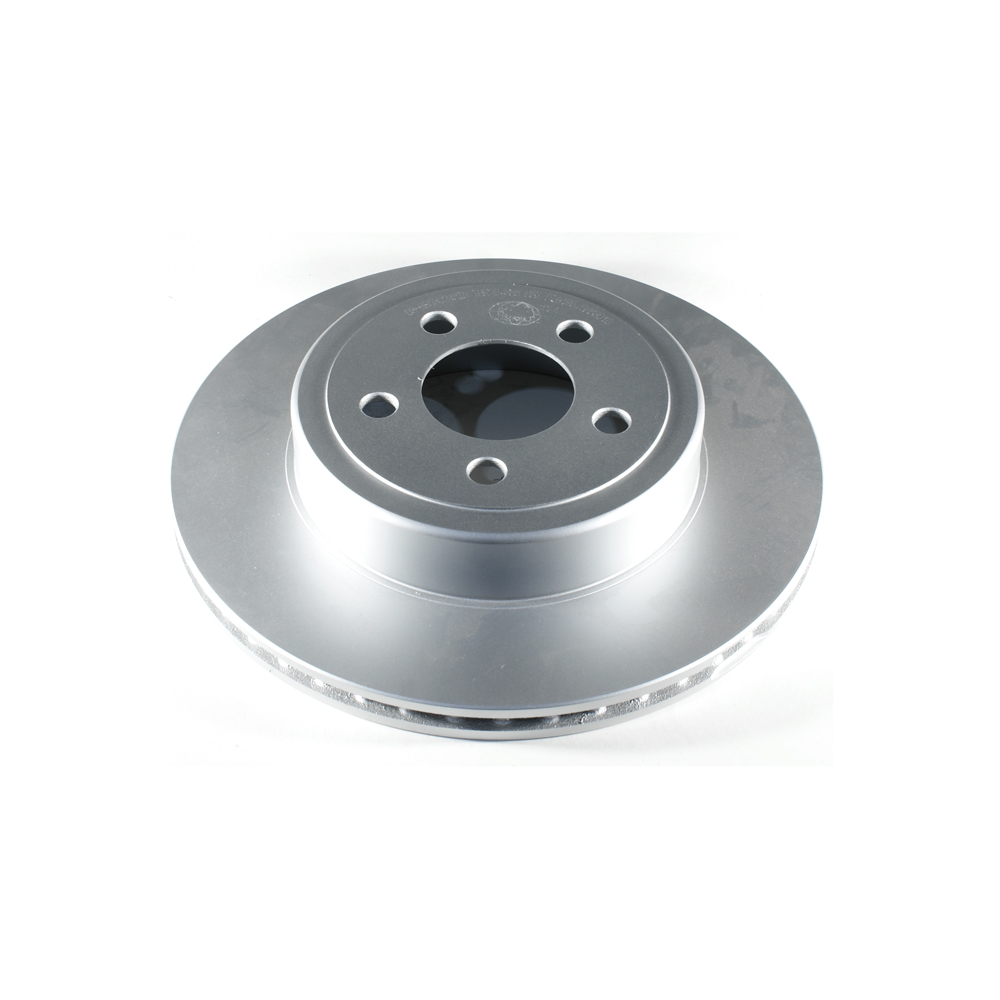
Part No: PP53024
Raybestos: 780257
OE: 4779209AC
Raybestos: 780257
OE: 4779209AC
$58.41 each
Per Car QTY: 2
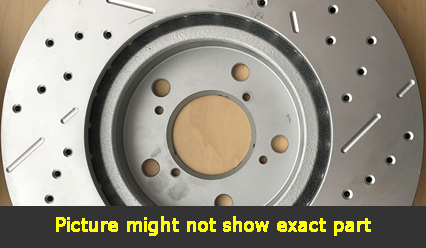
Part No: SP53022L
Raybestos: 780255
OE: 4779196AB
Raybestos: 780255
OE: 4779196AB
$95.9 each
Per Car QTY: 1
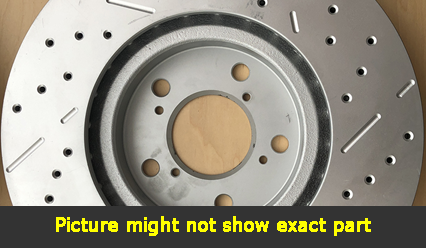
Part No: SP53022R
Raybestos: 780255
OE: 4779196AB
Raybestos: 780255
OE: 4779196AB
$95.9 each
Per Car QTY: 1
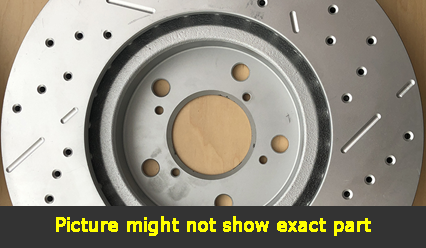
Part No: SP53021L
Raybestos: 780254
OE: 4779208AB
Raybestos: 780254
OE: 4779208AB
$81.2 each
Per Car QTY: 2
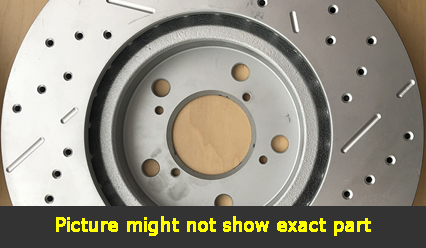
Part No: SP53021R
Raybestos: 780254
OE: 4779208AB
Raybestos: 780254
OE: 4779208AB
$81.2 each
Per Car QTY: 2
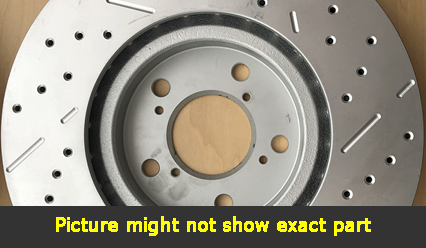
Part No: SP53024L
Raybestos: 780257
OE: 4779209AC
Raybestos: 780257
OE: 4779209AC
$90.81 each
Per Car QTY: 2
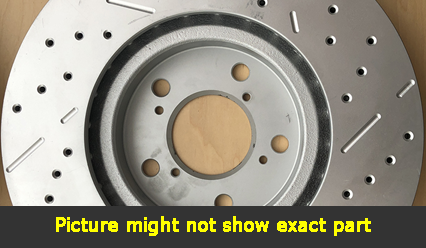
Part No: SP53024R
Raybestos: 780257
OE: 4779209AC
Raybestos: 780257
OE: 4779209AC
$90.81 each
Per Car QTY: 2

Ultra Plus Rotor
Position: FRONT LEFT
Fitment Notes: 345mm, Cross Drilled And Slotted, designed for Police
Position: FRONT LEFT
Fitment Notes: 345mm, Cross Drilled And Slotted, designed for Police
Part No: UP575114L
Raybestos: 780256P
OE:
Raybestos: 780256P
OE:
$101.59 each
Per Car QTY: 1

Ultra Plus Rotor
Position: FRONT RIGHT
Fitment Notes: 345mm, Cross Drilled And Slotted, designed for Police
Position: FRONT RIGHT
Fitment Notes: 345mm, Cross Drilled And Slotted, designed for Police
Part No: UP575114R
Raybestos: 780256P
OE:
Raybestos: 780256P
OE:
$101.59 each
Per Car QTY: 1
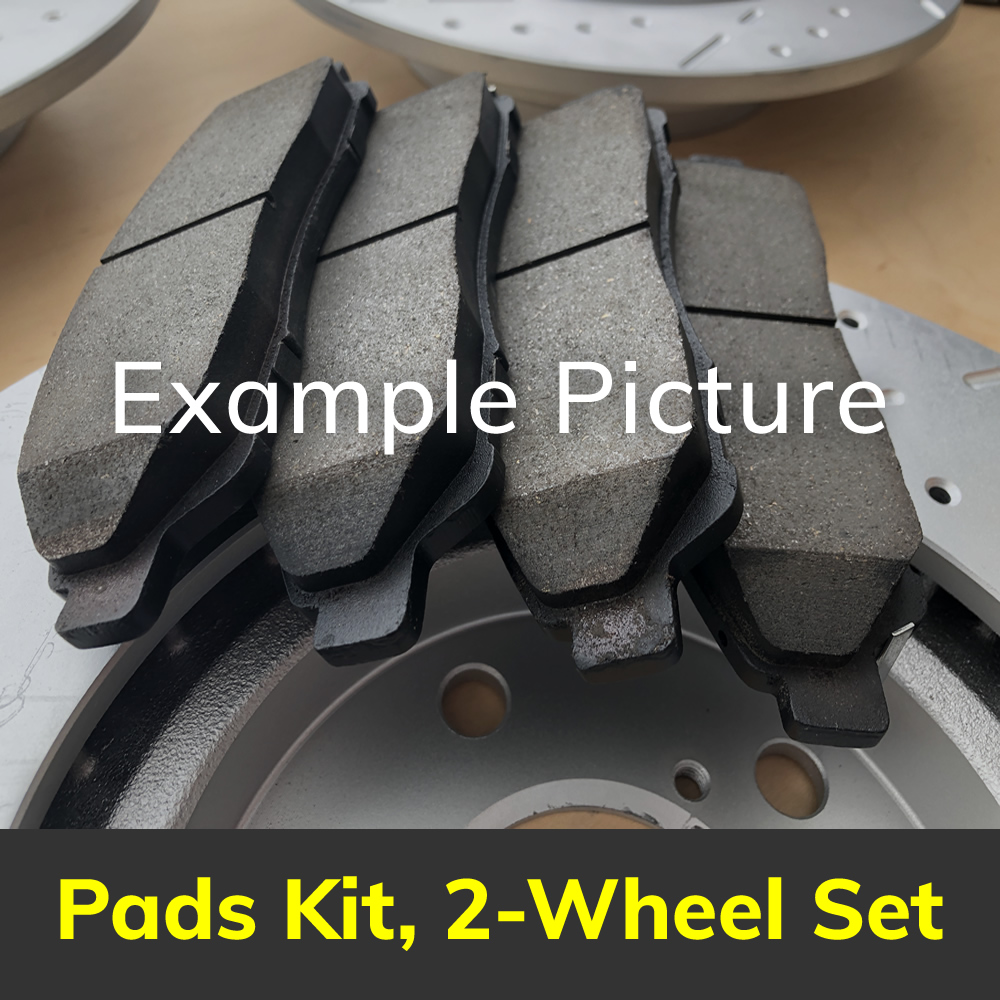
Part No: PD1056C
Raybestos: 1056
OE:
Raybestos: 1056
OE:
$36.77 each
Per Car QTY: 1
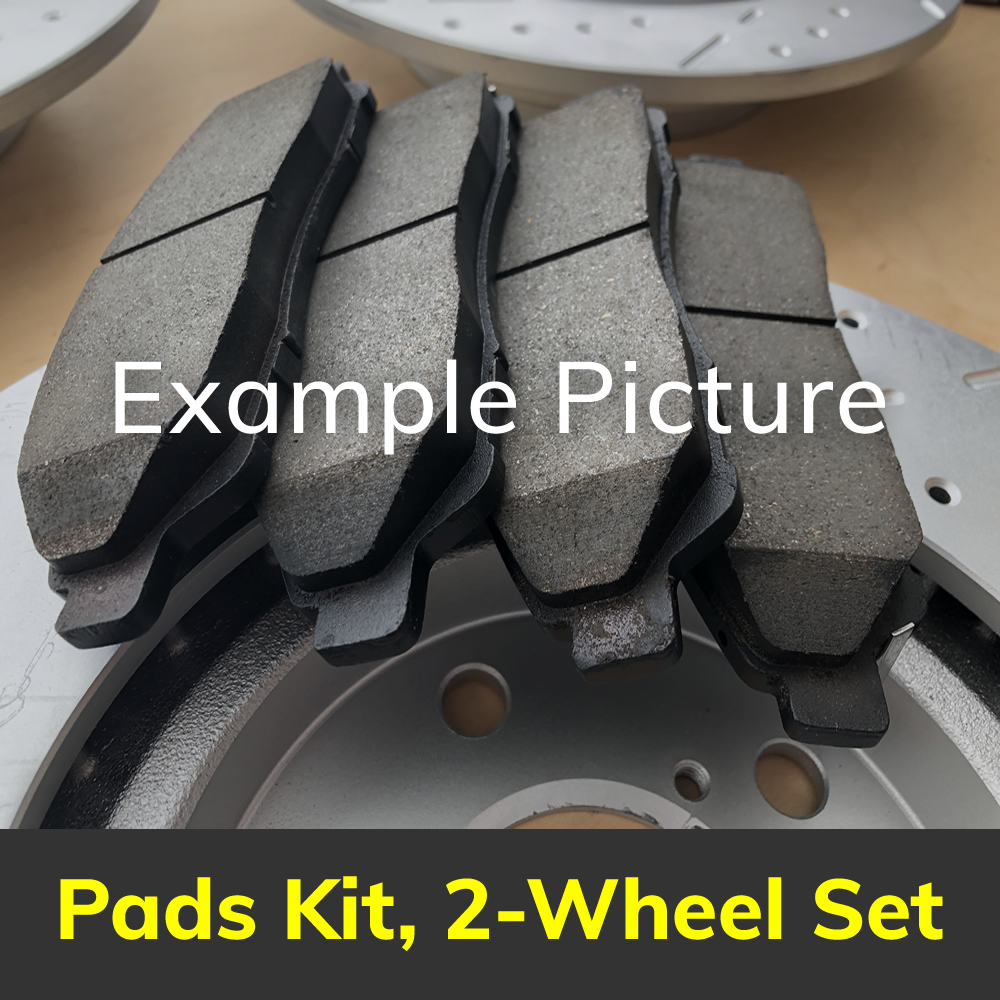
Part No: PD1058C
Raybestos: 1058
OE:
Raybestos: 1058
OE:
$37.13 each
Per Car QTY: 1
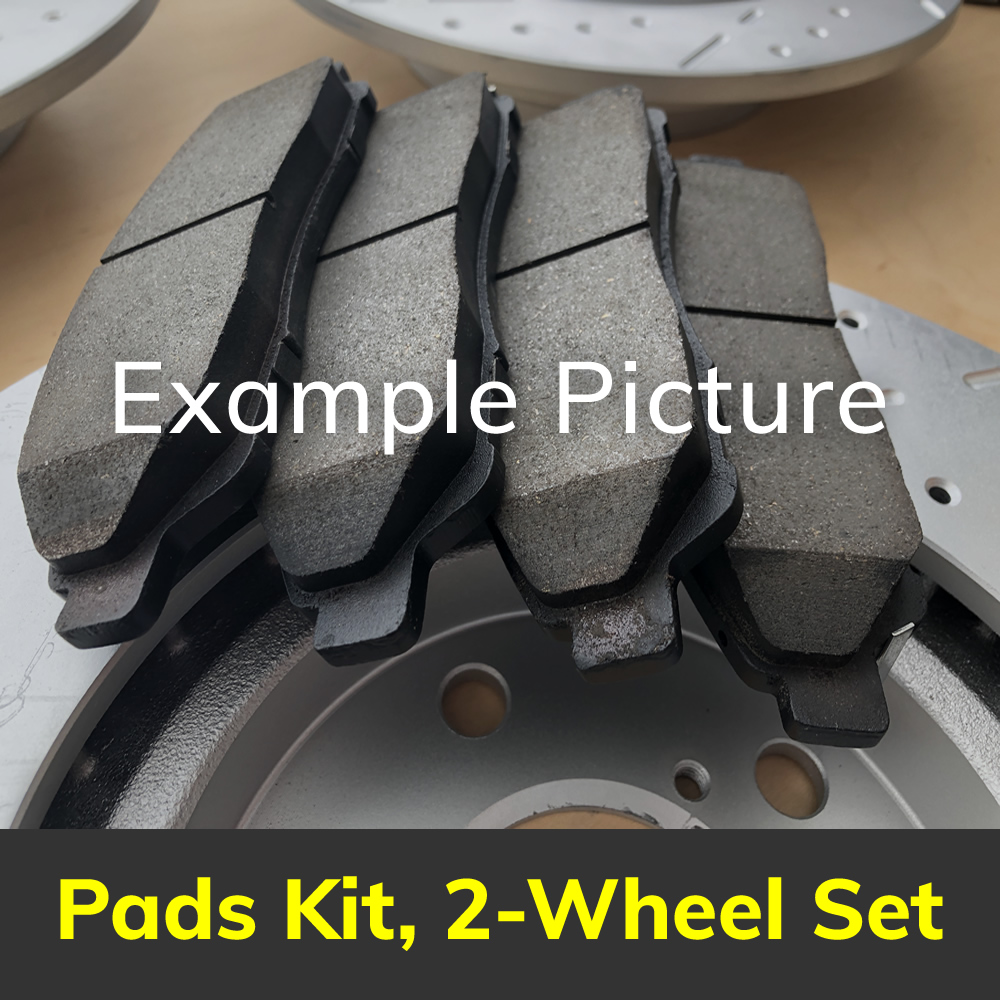
Part No: PD1053C
Raybestos: 1053
OE:
Raybestos: 1053
OE:
$51.46 each
Per Car QTY: 1
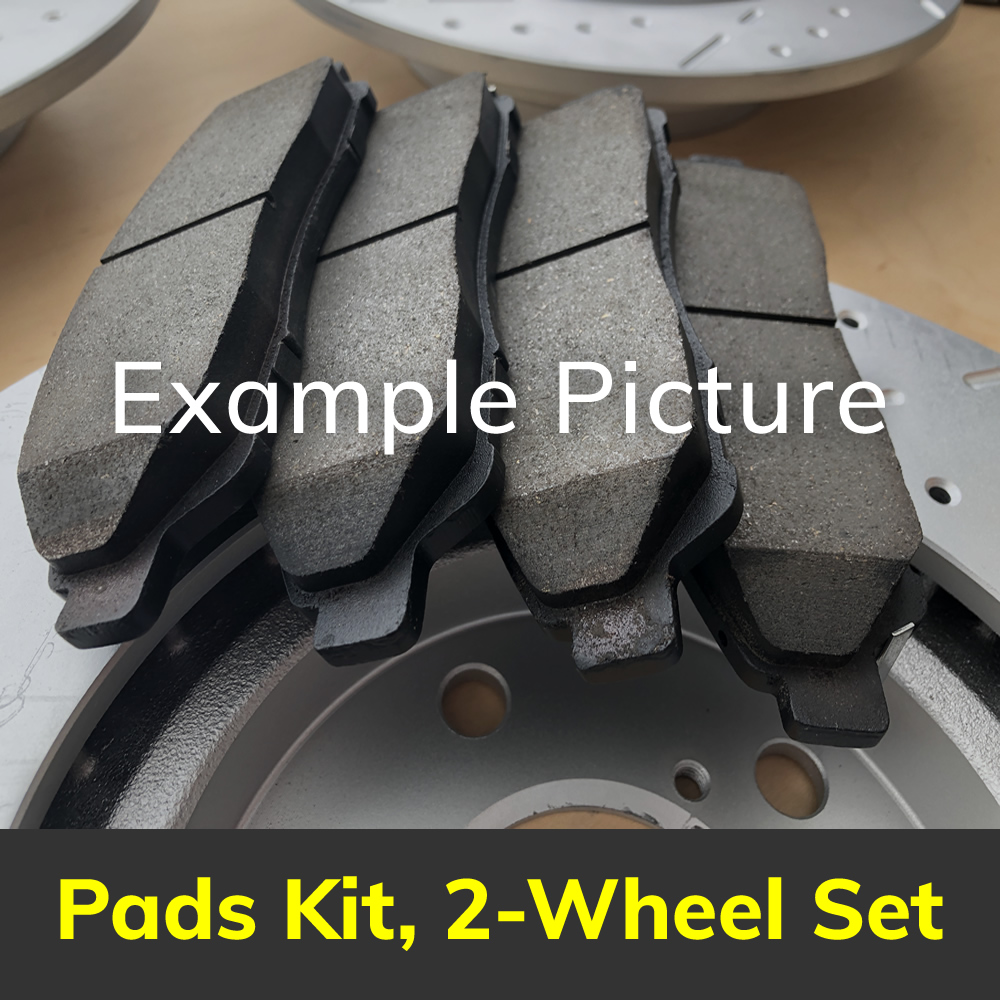
Part No: PD1057C
Raybestos: 1057
OE:
Raybestos: 1057
OE:
$36.02 each
Per Car QTY: 1
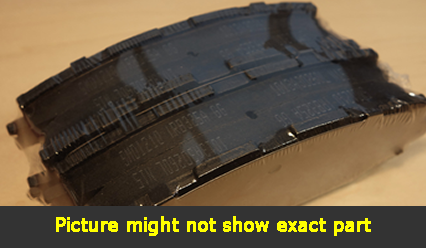
Part No: SMD1056
Raybestos:
OE:
Raybestos:
OE:
$25.36 each
Per Car QTY: 1
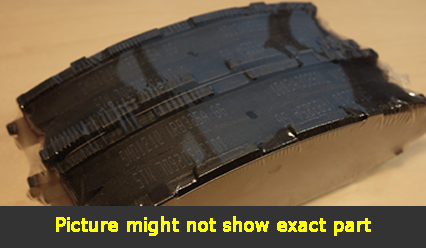
Part No: SMD1058
Raybestos:
OE:
Raybestos:
OE:
$25.92 each
Per Car QTY: 1
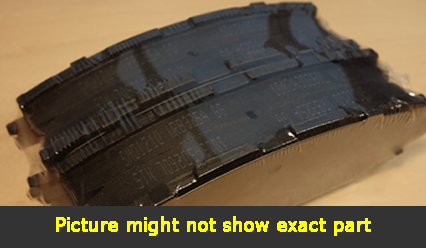
Part No: SMD1053
Raybestos:
OE:
Raybestos:
OE:
$26.51 each
Per Car QTY: 1
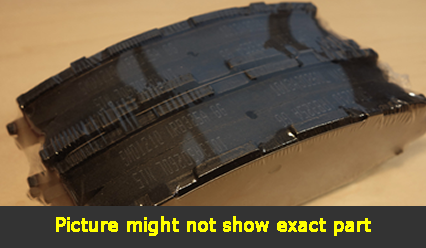
Part No: SMD1057
Raybestos:
OE:
Raybestos:
OE:
$23.42 each
Per Car QTY: 1
When it comes to safety, one of the most critical components of any vehicle is its braking system. A well-maintained and efficient set of brakes can be a lifesaver on the road. If you own a 2013 Dodge Challenger, it is essential to understand the rules and considerations for choosing the right brakes for your car.
1. Determine Your Driving Habits:
The first step in selecting the proper brakes is to assess your driving style and conditions. Are you mainly a city driver, or do you frequently take your Challenger for long drives? Do you drive aggressively or prefer a smooth and comfortable ride? Understanding your driving habits will help you choose brakes that cater to your needs and preferences.
2. OEM or Aftermarket:
Original Equipment Manufacturer (OEM) brakes are the brakes that came with your car from the factory. If you are satisfied with their performance and have no specific requirements, sticking with OEM brake pads and rotors might be a suitable option. However, if you are looking for an upgrade in terms of durability, performance, or even aesthetics, aftermarket brakes can provide various options.
3. Consider Disc Brake Pads:
Disc brakes are the most common type of braking system in modern vehicles, including the 2013 Dodge Challenger. When selecting disc brake pads, you need to decide between organic, semi-metallic, and ceramic. Organic brake pads are affordable and provide good stopping power but may wear out quicker. Semi-metallic pads offer better heat dissipation and durability, albeit with more noise and dust. Ceramic brake pads provide excellent stopping power, low noise, and dust, but at a higher cost.
4. Rotors and Calipers:
While many people tend to focus on brake pads, it is essential not to neglect the rotors and calipers. The rotors, or brake discs, should be inspected for thickness, warping, or cracking. If you are considering an upgrade, slotted or drilled rotors can improve heat dissipation and reduce brake fade. Upgrading the calipers, which hold the brake pads and squeeze the rotors, can improve braking performance as well.
5. Consult with Professionals:
If you are unsure about which brake components are compatible with your 2013 Dodge Challenger or you need expert advice on selecting the right brakes, it is recommended to consult with professionals. Mechanics or brake specialists can offer valuable insights and recommend suitable options based on your vehicle's specifications and your driving preferences.
6. Read Customer Reviews:
Before making a final decision, it is always wise to read customer reviews and testimonials. Researching the experiences of other Dodge Challenger owners who have installed specific brakes can provide useful information about their performance, durability, noise levels, and any other issues.
7. Cost versus Value:
Lastly, while it is tempting to opt for the cheapest option, prioritizing value over cost is crucial when it comes to brakes. Investing in high-quality brake components may require a higher initial expense but can save you money in the long run by providing better performance, longevity, and safety.
In conclusion, choosing the right brakes for your 2013 Dodge Challenger involves considering your driving habits, deciding between OEM and aftermarket options, selecting the appropriate disc brake pads, evaluating rotor and caliper upgrades, consulting experts, and reading customer reviews. By adhering to these rules and considerations, you can ensure that your Challenger's braking system is reliable, efficient, and tailored to your specific needs.
1. Determine Your Driving Habits:
The first step in selecting the proper brakes is to assess your driving style and conditions. Are you mainly a city driver, or do you frequently take your Challenger for long drives? Do you drive aggressively or prefer a smooth and comfortable ride? Understanding your driving habits will help you choose brakes that cater to your needs and preferences.
2. OEM or Aftermarket:
Original Equipment Manufacturer (OEM) brakes are the brakes that came with your car from the factory. If you are satisfied with their performance and have no specific requirements, sticking with OEM brake pads and rotors might be a suitable option. However, if you are looking for an upgrade in terms of durability, performance, or even aesthetics, aftermarket brakes can provide various options.
3. Consider Disc Brake Pads:
Disc brakes are the most common type of braking system in modern vehicles, including the 2013 Dodge Challenger. When selecting disc brake pads, you need to decide between organic, semi-metallic, and ceramic. Organic brake pads are affordable and provide good stopping power but may wear out quicker. Semi-metallic pads offer better heat dissipation and durability, albeit with more noise and dust. Ceramic brake pads provide excellent stopping power, low noise, and dust, but at a higher cost.
4. Rotors and Calipers:
While many people tend to focus on brake pads, it is essential not to neglect the rotors and calipers. The rotors, or brake discs, should be inspected for thickness, warping, or cracking. If you are considering an upgrade, slotted or drilled rotors can improve heat dissipation and reduce brake fade. Upgrading the calipers, which hold the brake pads and squeeze the rotors, can improve braking performance as well.
5. Consult with Professionals:
If you are unsure about which brake components are compatible with your 2013 Dodge Challenger or you need expert advice on selecting the right brakes, it is recommended to consult with professionals. Mechanics or brake specialists can offer valuable insights and recommend suitable options based on your vehicle's specifications and your driving preferences.
6. Read Customer Reviews:
Before making a final decision, it is always wise to read customer reviews and testimonials. Researching the experiences of other Dodge Challenger owners who have installed specific brakes can provide useful information about their performance, durability, noise levels, and any other issues.
7. Cost versus Value:
Lastly, while it is tempting to opt for the cheapest option, prioritizing value over cost is crucial when it comes to brakes. Investing in high-quality brake components may require a higher initial expense but can save you money in the long run by providing better performance, longevity, and safety.
In conclusion, choosing the right brakes for your 2013 Dodge Challenger involves considering your driving habits, deciding between OEM and aftermarket options, selecting the appropriate disc brake pads, evaluating rotor and caliper upgrades, consulting experts, and reading customer reviews. By adhering to these rules and considerations, you can ensure that your Challenger's braking system is reliable, efficient, and tailored to your specific needs.


